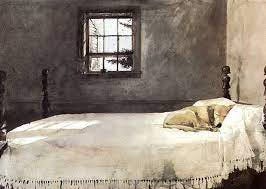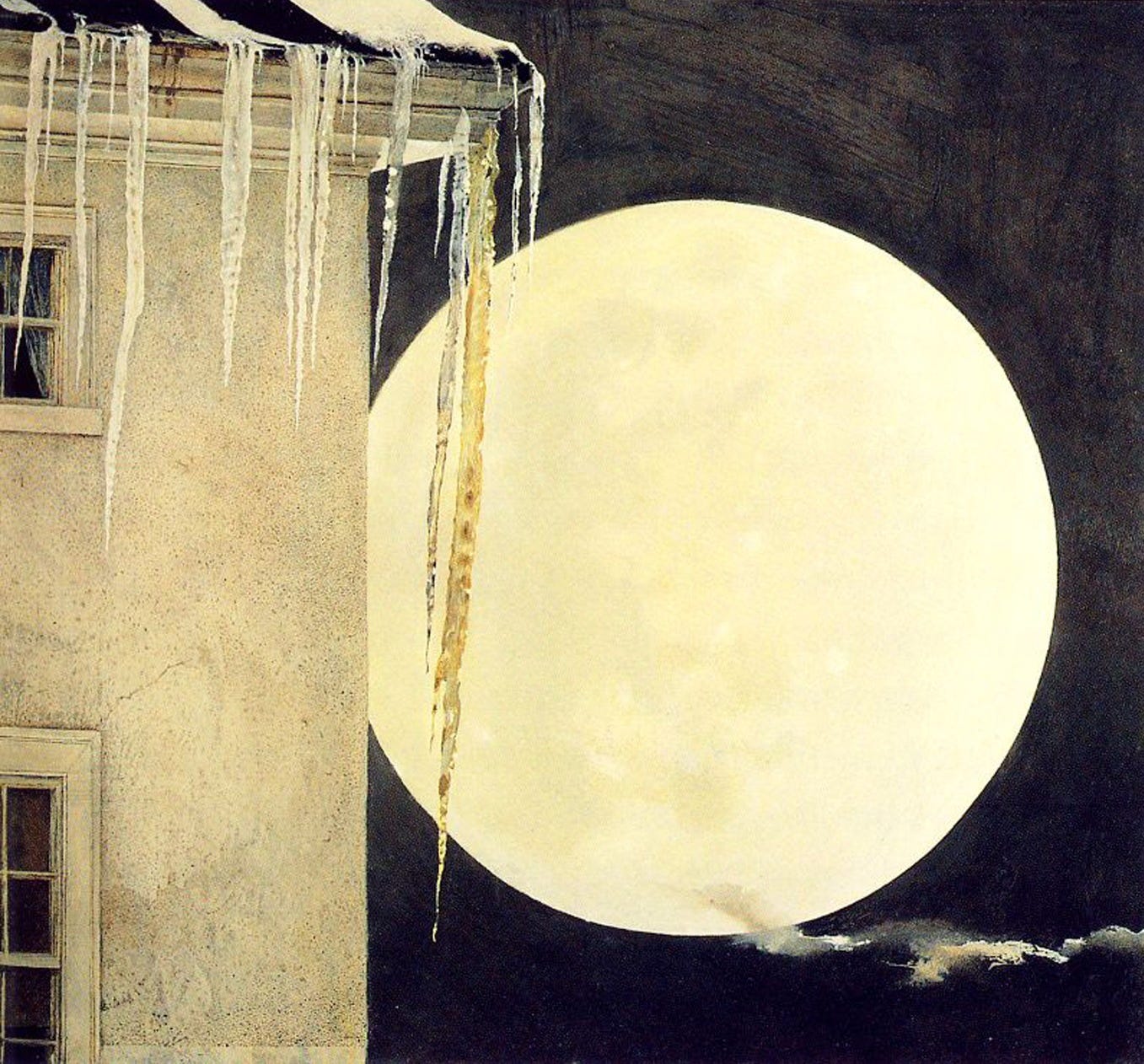I was teaching Goodbye, Columbus yet again, and this time around was overcome by p 100, the 2/3 point of the text. I can’t stop thinking about it.
Neil Klugman and Brenda Patmkin, youth in love, both Jewish (that matters to what follows), go into Manhattan to get the diaphragm that comes between them (the novel is great to discuss with learning writers, as the whole is ingenious and the moving parts are obvious) and while he is waiting for her to be finished with the appointment, he wanders down Fifth Avenue and pops into St. Patrick’s Cathedral, tourist attraction that it is, where he proceeds to have something that feels very much like a religious experience, though it's spangled with resistance all the way. That’s our Philip!
“It wasn’t much cooler inside the church, though the stillness and the flicker of the candles made me think it was. I took a seat at the rear and while I couldn’t bring myself to kneel, I did lean forward onto the back of the bench before me, and held my hands together and closed my eyes. I wondered if I looked like a Catholic, and in my wonderment I began to make a little speech to myself. Can I call the self-conscious words I spoke prayer? At any rate, I called my audience God. God, I said, I am twenty-three years old. I want to make the best of things. Now the doctor is about to wed Brenda to me, and I am not entirely certain this is all for the best. What is it I love, Lord? Why have I chosen? Who is Brenda? The race is to the swift. Should I have stopped to think?”
So odd, so interesting. “I wondered if I looked like a Catholic…” Who’s watching? The audience we soon discover—God. We never hear about his experience of God in Judaism, he’s not religious. Yet suddenly Neil wonders if God is perceiving him as a Catholic, and in his wonderment, he begins to pray. What is it I love? Who is Brenda? His wonderment is a deeper part of himself, a place beyond the controlling defensiveness that earlier made him ask Brenda to get a diaphragm rather than asking her how she felt about the possibility of marriage; protection versus vulnerability. But this wonderment offers him doubt. Should he have stopped to think? Where might thinking have led? Is there a better self in thought? He is getting a God’s eye view of his psychic makeup and seeing his impulses as perhaps not the wisest he could be.
Onward.
“I was getting no answers, but I went on. If we meet You at all, God, it’s that we’re carnal, and acquisitive, and thereby partake of You. I am carnal, and I know You approve, I just know it. But how carnal can I get? I am acquisitive. Where do I turn now in my acquisitiveness? Where do we meet? Which prize is you?
It was an ingenious meditation, and suddenly I felt ashamed. I got up and walked outside, and the noise of Fifth Avenue met me with an answer:
Which prize do you think, schmuck? Gold dinnerware, sporting-goods trees, nectarines, garbage disposals, bumbles noses, Patimkin Sink, Bonwit Teller—
But damn it, God, that is You!
And God only laughed, that clown.”
I love this. It’s a perfect prayer for Advent, when we are counting days to the seasonal celebration of God made flesh in the person of a newborn baby. The carnal nature of that person has been edited and debated for centuries, but Roth forgoes all that speculation and argument and brings the question into his character’s 23-year-old existence. “But how carnal can I get? …Where do we meet? Which prize is you?” This comes of understanding that the only way we can meet God is in our flesh. We partake of God because we are carnal and acquisitive. Of what do we partake? Where’s the evidence of contact?
The answer he gets is a list of items that he has both been attracted to and disdained about Brenda’s material existence, and he understands that God has been messing with him. God is going to give him the wherewithal to ask how carnal he can get, and where might he meet God; and he is also going to throw Short Hills and Brenda with her head like a rose on a long stem in his way. It seems he has found at least a first answer…he can get carnal up to the point where he overrides love, and he may meet God where he is vulnerable and is asking not answering. Should he have stopped to think? Well, maybe. But this deeper plunge was what he needed if he wanted to be the carnal incarnation of God.
Roth gives Neil one more moment of contact with his better angels. “And then I saw Brenda coming out of the Squib Building. She carried nothing with her, like a woman who’s only been window shopping, and for a moment I was glad that in the end she disobeyed my desire. As she crossed the street, though, that little levity passed, and then I was myself again.”
Neil would like the responsibility for figuring out how carnal he can be—his moral life—to be taken care of by someone else. If Brenda didn’t get the diaphragm, he would get a second chance to “think.” But she did as he asked, and the levity of his communication with God/his conscience/the moral universe passes, and he is himself again.
I would give him the Nobel for this page alone. Not to mention that it sets up his future hundreds of pages of asking these same questions over and over in different forms, different relationships, different excesses and assessments.
How carnal can I be? Where is the middle path? Where do we end and the reality of all other creatures begin? How do we know when to stop wanting other people to do what we want them to do, how do we recognize the soul among the glitter? Where do we meet? We don’t need to be any particular religion or religious at all to recognize the wisdom of this inquiry. We only need to stay in contact with our wonderment, the place where it’s not all about us. Thankful for the chance.





This makes me want to read it again. I first read it approximately 60 years ago and surely it would be a different experience now. Thanks, Alice
I didn’t think anyone was teaching Roth these days. So glad you are. I’ve read almost all of his work. Was always taken with the certainty and authority. What you pinpoint here speaks to that; even his rhetorical questions are not really rhetorical. Next level. I’m curious what your students make of it.